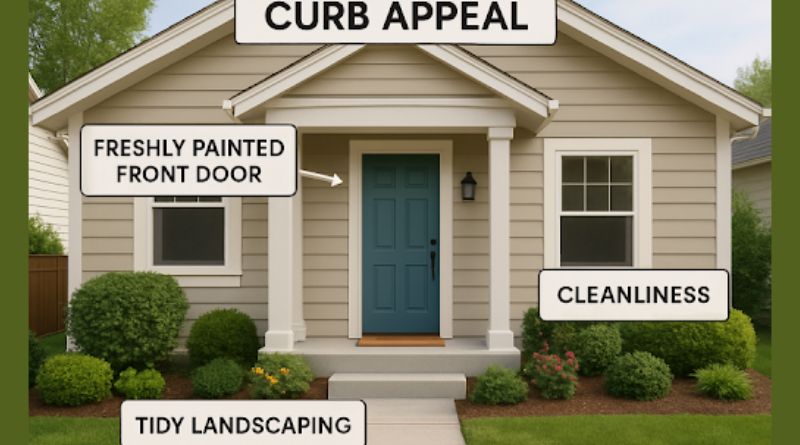Understanding the “As Is” Sale
Selling your house “as is” means listing the property in its current state, with no repairs or upgrades before closing. This approach appeals to cash buyers—often investors—who are looking for properties with potential but are willing to purchase quickly and without contingencies. House buyers looking for these opportunities are often ready to act fast, but adequate preparation makes your property far more appealing—even if you’re selling it in its present condition.
For homeowners needing speed or convenience over top dollar, an “as is” sale can offer a straightforward solution. Understanding the target market enables you to tailor your approach and set realistic expectations regarding pricing and buyer requests. Not all “as is” transactions are the same, so identifying whether individual house buyers or investors suit your needs can inform your marketing strategy.
Assess Your Property’s Condition
Start the process by evaluating your home’s current condition. List all visible issues—broken fixtures, leaky faucets, outdated appliances, and more serious problems such as cracked foundations or damaged roofing. If possible, hire a professional inspector for a pre-listing assessment; this modest investment can reveal hidden issues and empower you with accurate information for negotiations. Transparency about your home’s state is one of the best ways to avoid delays and unexpected repair requests during closing, especially when working with direct buyers who often appreciate upfront honesty and are prepared to purchase without extensive contingencies. By addressing these details early, you can set realistic expectations for both parties and reduce the likelihood of last-minute deal breakers. This proactive approach not only builds trust but can also help you secure a smoother, faster sale.
Set a Competitive Price
Pricing is one of the most critical factors in a successful “as is” cash sale. Start by reviewing recently sold homes in your neighborhood and then make smart adjustments depending on how your property’s condition compares to theirs. If your home needs more work than others, factor that into a lower price point. If you overprice, buyers may get put off, especially since they are already bracing for repair costs. Price it too low, and you could unintentionally pass up what is rightfully yours. Consulting with a knowledgeable local real estate agent or a credible appraiser can provide you with critical insights. According to HGTV, understanding comparable market data and assessing fair value based on condition can help you arrive at a price that encourages a quick offer while maximizing your return on investment.
Disclose Known Issues
Complete transparency is not just ethical; it’s often required by law. As noted in Investopedia’s guide to real estate disclosures, providing buyers with a detailed disclosure statement covering both cosmetic and structural issues is crucial. Outlining defects up front fosters trust, helps prevent renegotiations, and protects you against future legal liability. It also reassures buyers that they are making an informed decision, often leading to smoother and quicker closings. The best “as is” sales are marked by honesty and clear documentation.
Market Strategically
Well-crafted marketing materials highlight your home’s strengths, such as its location, lot size, future potential, or unique features. Use high-quality photos and accurate, positive descriptions. Don’t focus on defects; instead, share the opportunity for buyers to remodel or customize the space to their liking. Widespread online visibility is key, so list your property on prominent real estate platforms, local classifieds, and social media groups relevant to investors and cash buyers. The right message attracts the buyers who see the value others may overlook.
Be Prepared to Negotiate
Even in an “as is” sale, negotiations are commonplace. Expect buyers to ask for fair price adjustments based on inspection findings or potential credits for significant repairs. Knowing your minimum acceptable sale price and being open to reasonable concessions keeps the process moving forward. Often, flexibility coupled with preparation—such as having inspection reports and repair estimates readily available—brings deals to a satisfying close for both parties.
Selling your house “as is” for cash doesn’t have to be stressful or complicated. By preparing thoughtfully, presenting your property in the best possible light, and working with experienced house buyers or direct buyers, you can achieve a smooth and successful sale—turning your house into cash, while leaving room for the next owner to unlock its true potential.

